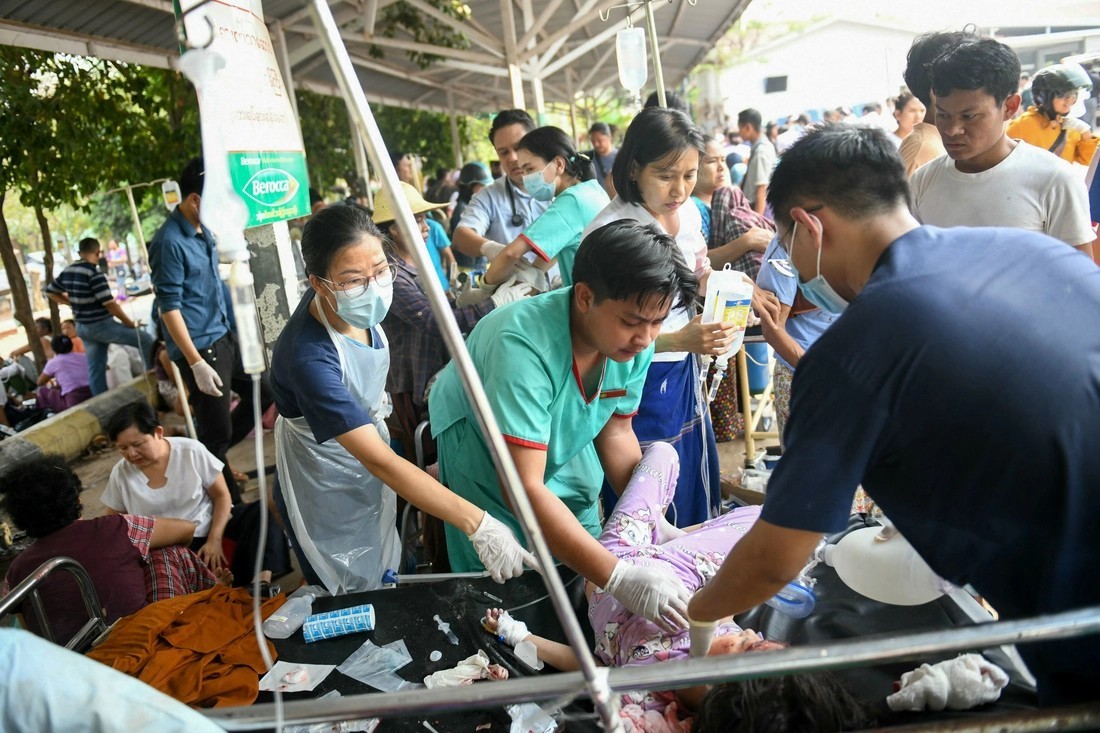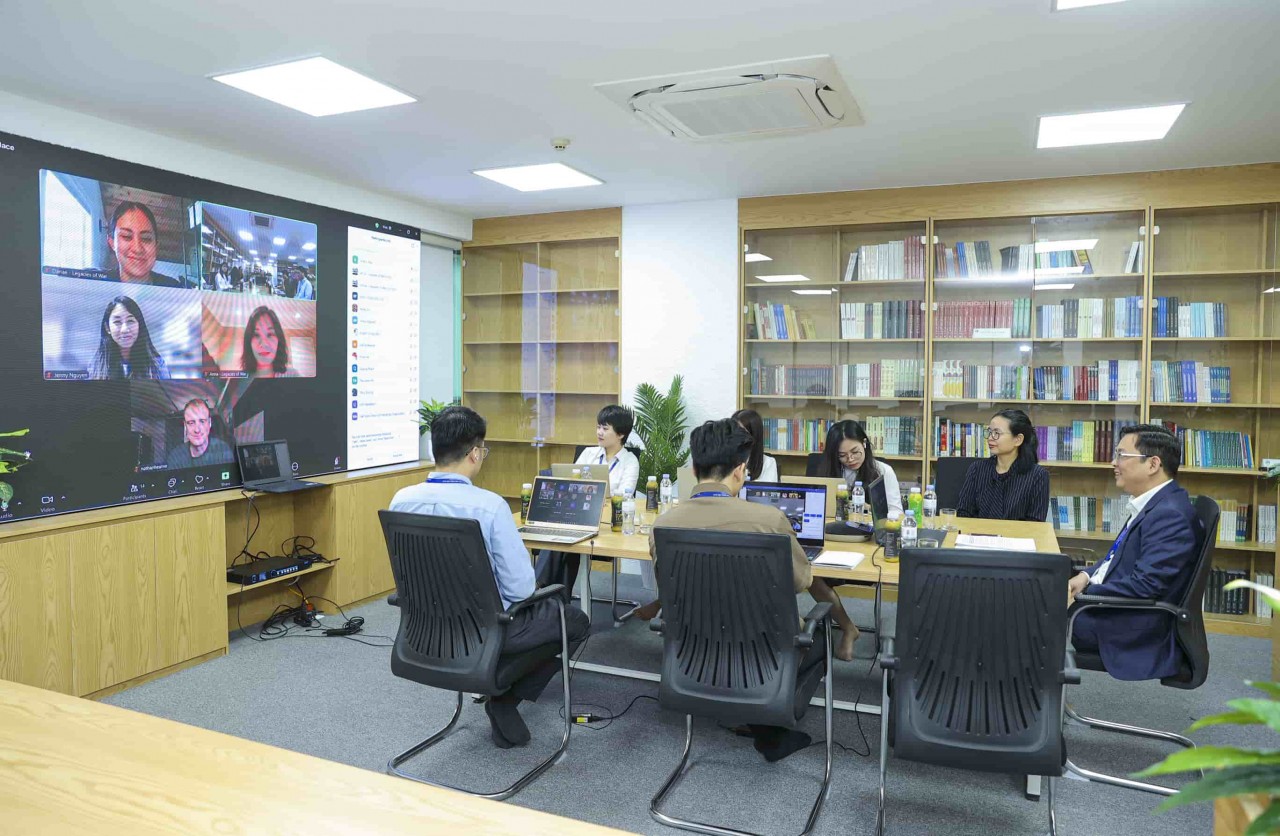India’s mammoth polls: The country’s election body will take the booth to elderly and physically challenged with ‘home voting’ policy
 |
| Ramps, wheelchairs and volunteers would be available for persons with disabilities going to the polling booth. |
Officials said these two voters, aged 100 and 86, are from the Gadchiroli-Chimur constituency, which will go to polls in the first phase on April 19.
Not only in Maharashtra, the Election Commission of India, across the country, is carrying out its newly introduced ‘home voting’ system to involve elderly (aged 85 and above) and physically disabled (PwD) voters in the election process, as the country’s apex polling body believes that every vote matters.
In Rajasthan’s Churu, eight PwD voters, all from the same family, exercised home voting facility underlining the strength of India’s electoral democracy, while in Chhattisgarh, 87-year-old Indumati Pandey and 86-year-old Sonmati Baghel, from Bastar and Sukma tribal districts, exercised their franchise using the postal ballot at home.
Similar stories are being reported from other parts of the country where home voting is being conducted.
These testimonials underscore the transformative impact of home voting, not just as a logistical convenience but as a symbol of inclusivity, empathy and empowerment within the democratic fabric of the Indian society.
Identifying the 85-year-olds and the Persons with Disabilities (PwDs) in the country’s vast electoral roll has in itself been a herculean task.
For the first time in a Lok Sabha (parliamentary) poll, the election commission has provided the facility of home voting for the elderly and Persons with Disabilities (PwD) in the upcoming national election, which is scheduled to begin on April 19.
Voters above 85 years of age and Persons with Disabilities (PwDs) with 40 percent benchmark disability can avail the optional home voting facility.
Voters in this category have already begun casting their votes for the first and second phases of polling.
The election commission with this initiative marks a significant stride towards ensuring inclusivity and accessibility of the electoral process and in bolstering democratic participation.
According to the latest data collected by the election commission, there are 81,11,740 elderly (85+ aged) voters and 90,07,755 PwD voters registered across the country.
The Chief Election Commissioner of India, Rajiv Kumar, along with other election commissioners had announced that by giving home voting facility to elders and PwDs, it is the commission’s expression of care and respect towards them and hoped that it would set an example for society to adopt it in day-to-day life.
Voting from home takes place with the involvement of a full contingent of polling staff and security personnel with the secrecy of voting diligently maintained. With this, the election commission has taken another decisive step toward facilitating a more equitable and representative democracy, where every citizen’s voice matters, regardless of physical limitations or age.
The provision of home voting is a progressive measure aimed at empowering voters who encounter barriers to participating in the electoral process at the polling stations.
By extending this optional facility to these segments of the voters, the Indian Election Commission recognizes the need to ensure that citizens’ right to vote is not encumbered by physical barriers and disabilities. This upholds the Commission’s motto of ensuring – No voter is left behind.
The procedure to avail this facility is simple yet thorough. Within five days of the election notification, eligible voters must complete Form 12D and submit it to the returning officer. PwD voters submit a baseline disability certificate with their applications.
Booth Level Officer (BLO) is responsible for retrieving Form 12D from the elector’s place of residence when the required documentation has been completed.
Candidates receive a list of these electors in order to maintain accountability and transparency; if they wish, they can choose a representative to supervise the process.
Following this, a dedicated team of polling officials along with security officials visits the voter’s residence to collect their votes.
Crucially, voters are notified ahead of time of the planned visit, allowing them to be prepared to exercise their right to vote in a safe and comfortable manner.
To further expedite the procedure and improve accessibility, voters can also receive notifications via SMS about the days when their home voting facility will be active. The complete process is video-graphed for transparency.
This initiative underscores the ECI’s dedication to leveraging technology to enhance the electoral process. From digital notifications to the deployment of videographers, the incorporation of innovative solutions facilitates a seamless and transparent voting experience for eligible individuals.
As India gears up for the 2024 Lok Sabha elections, the introduction of home voting stands as a testament to the ECIs unwavering commitment to upholding participative, inclusive and accessible elections.
Most read
Recommended
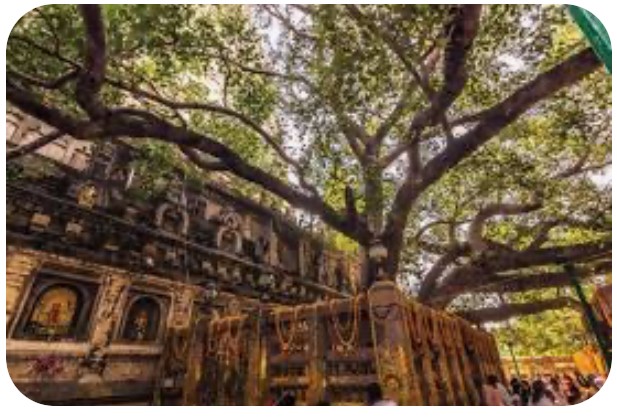 Economy
Economy
Roots of Enlightenment: India’s Timeless Buddhist Journey
 Economy
Economy
India's Connect with Global South: A Bridge of Shared Heritage
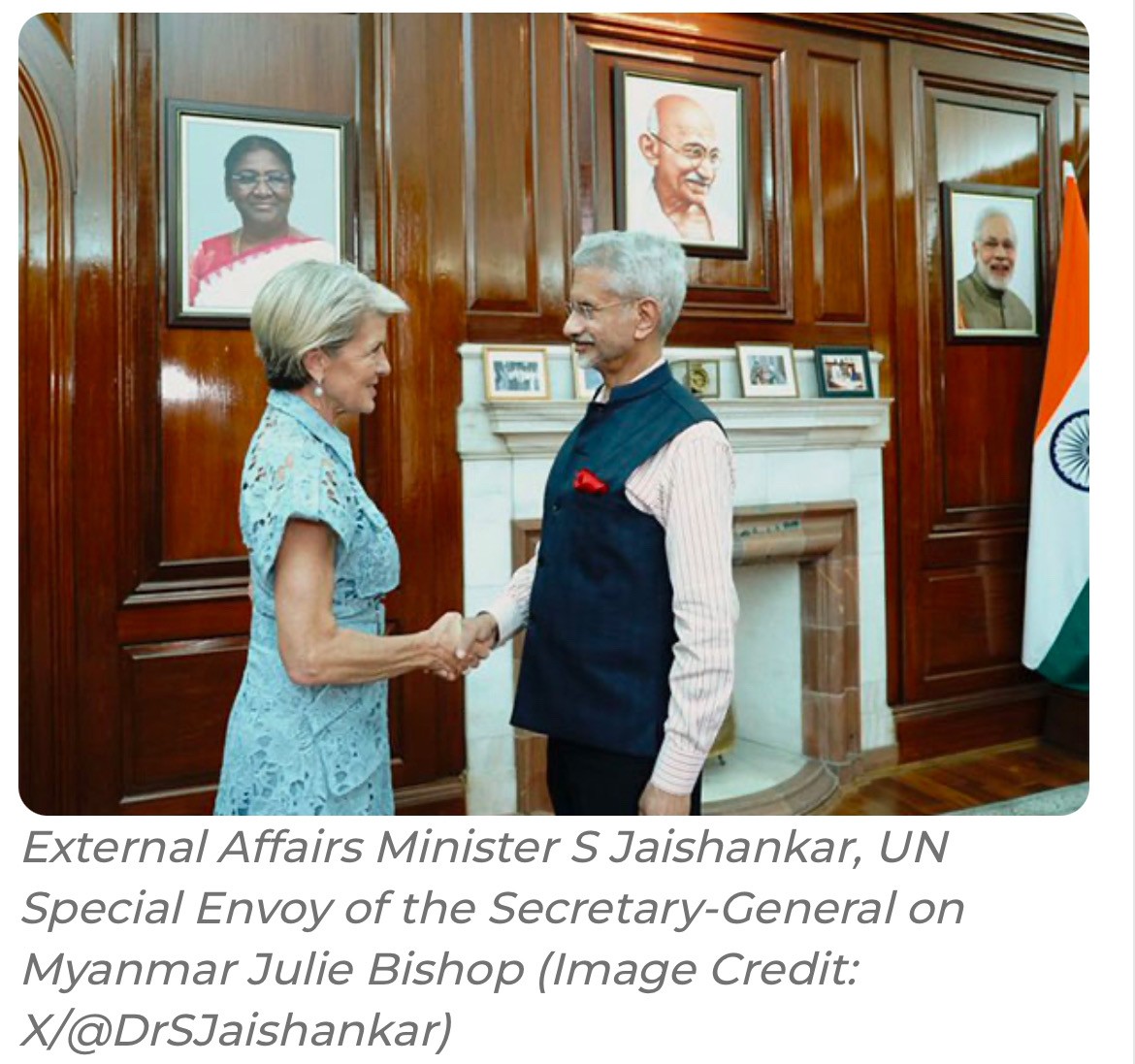 Economy
Economy
Jaishankar, UN Special Envoy on Myanmar Julie Bishop Discuss Stability and, Refugee Situation
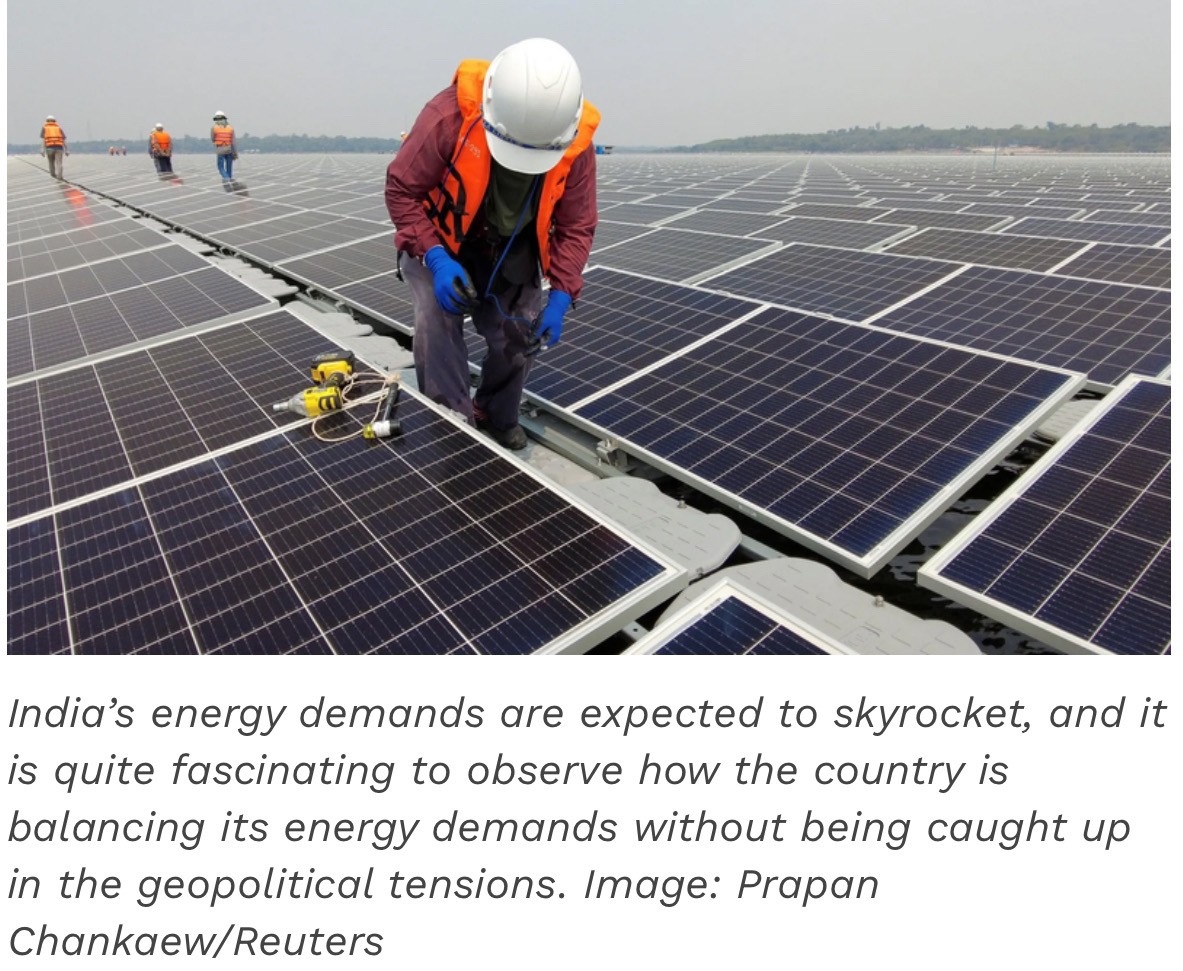 Economy
Economy
A diplomatic energy balance in a contested energy space
Popular article
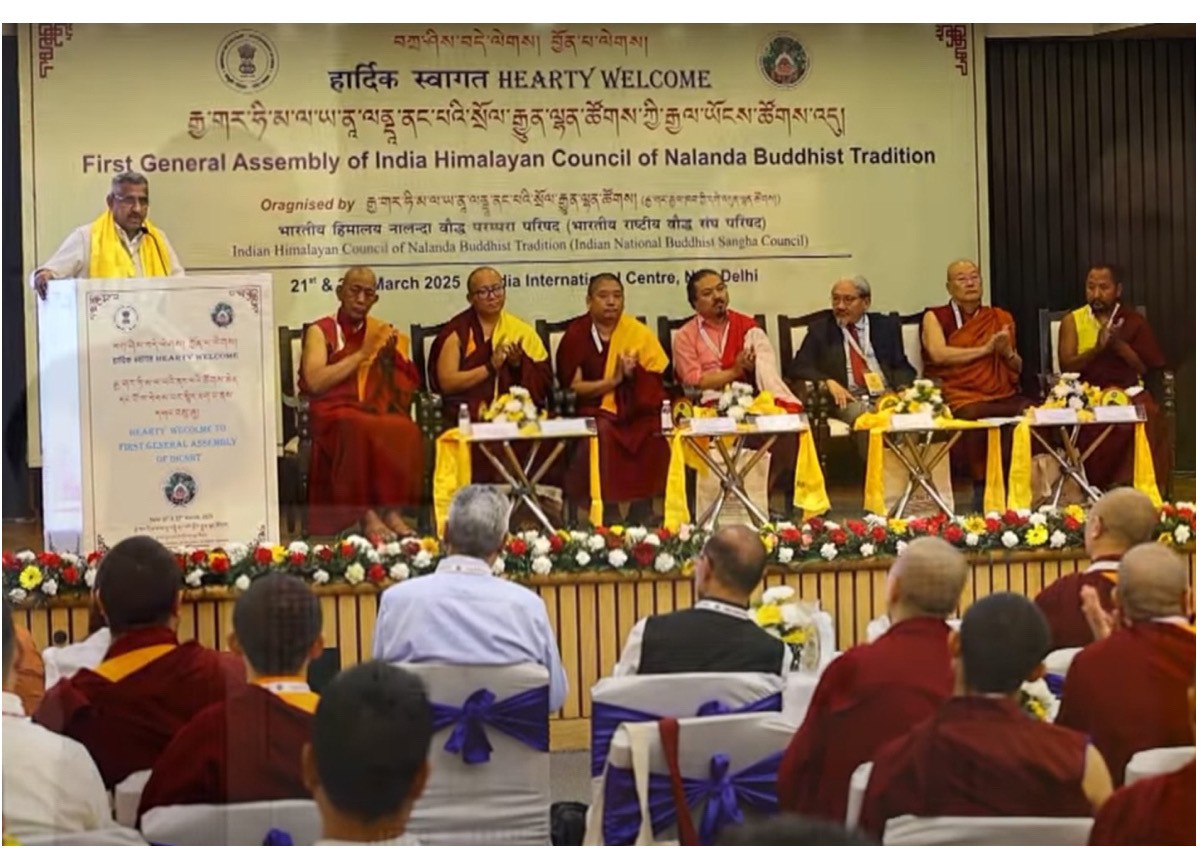 Economy
Economy
Strengthening Nalanda Buddhism: IHCNBT’s Historic First General Assembly
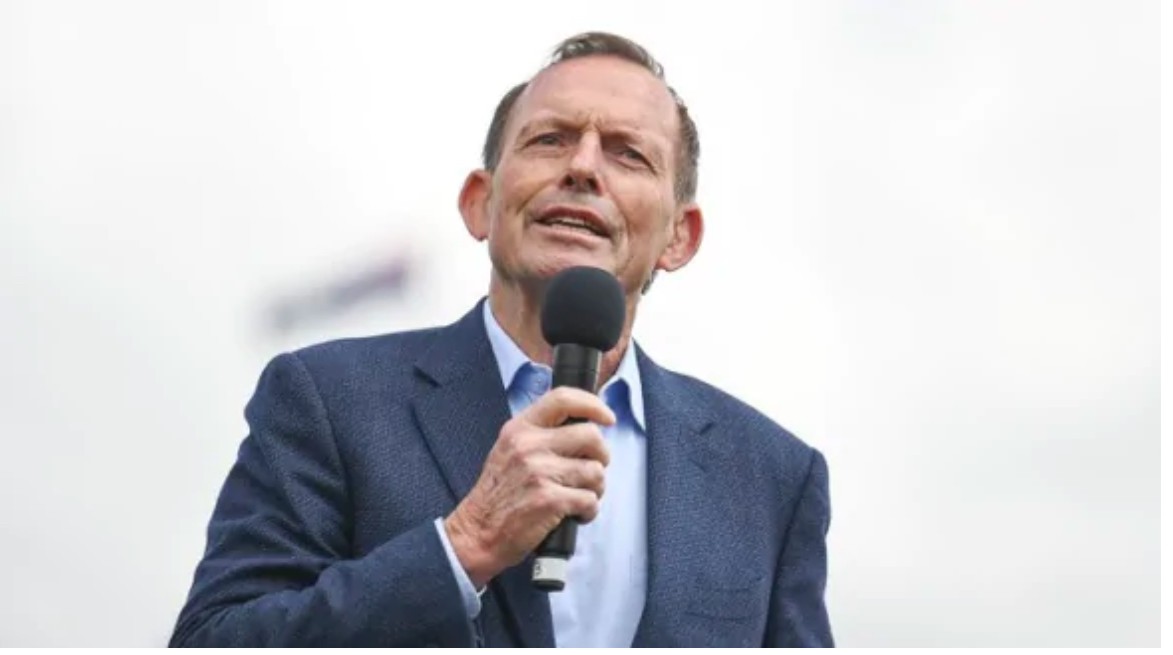 Economy
Economy
Rejecting Khalistan Separatism: Former Australian PM Tony Abbott’s Vision for Indo-Pacific Harmony
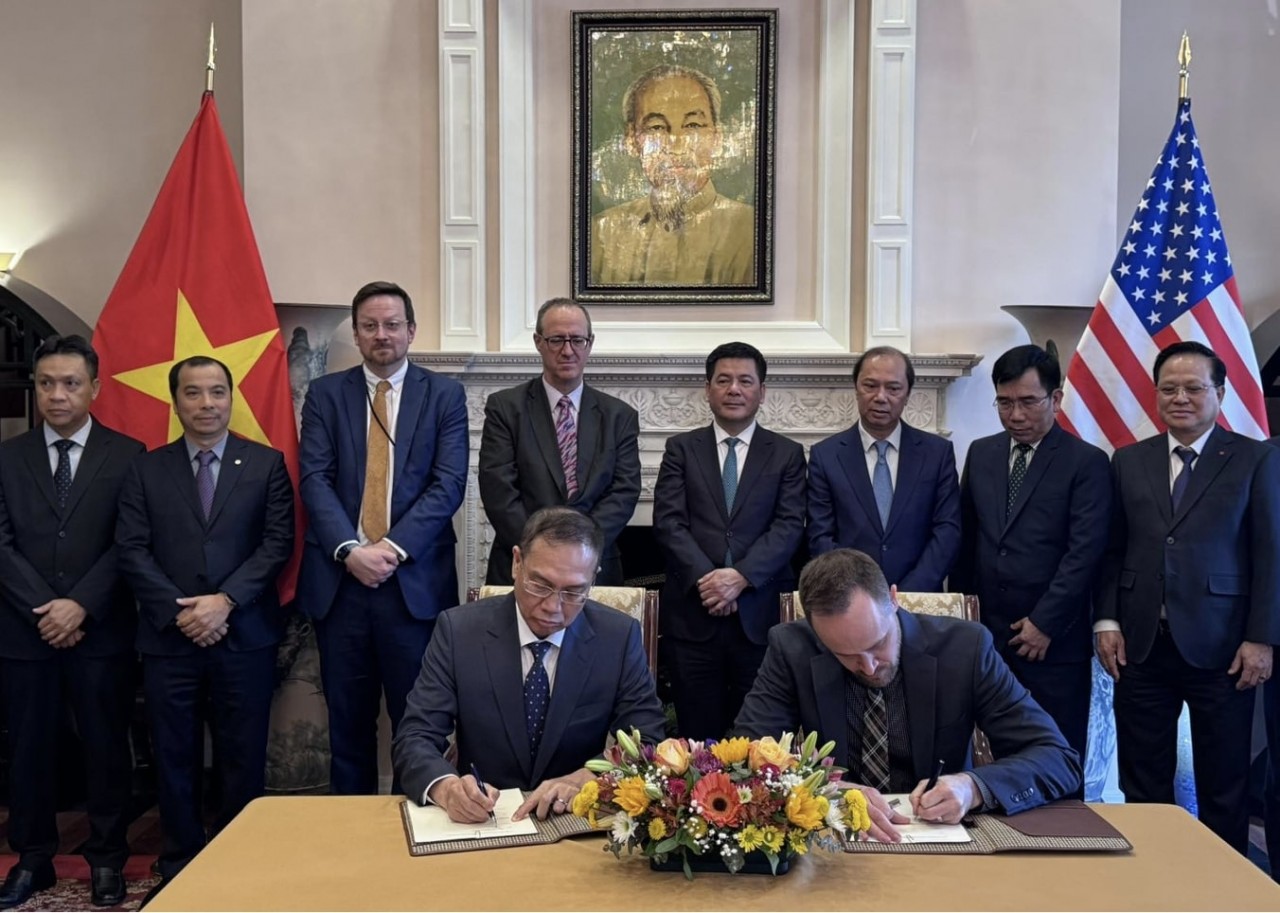 Economy
Economy
Vietnam, US Strengthen Trade Ties with US $90.3 Billion in New Agreements
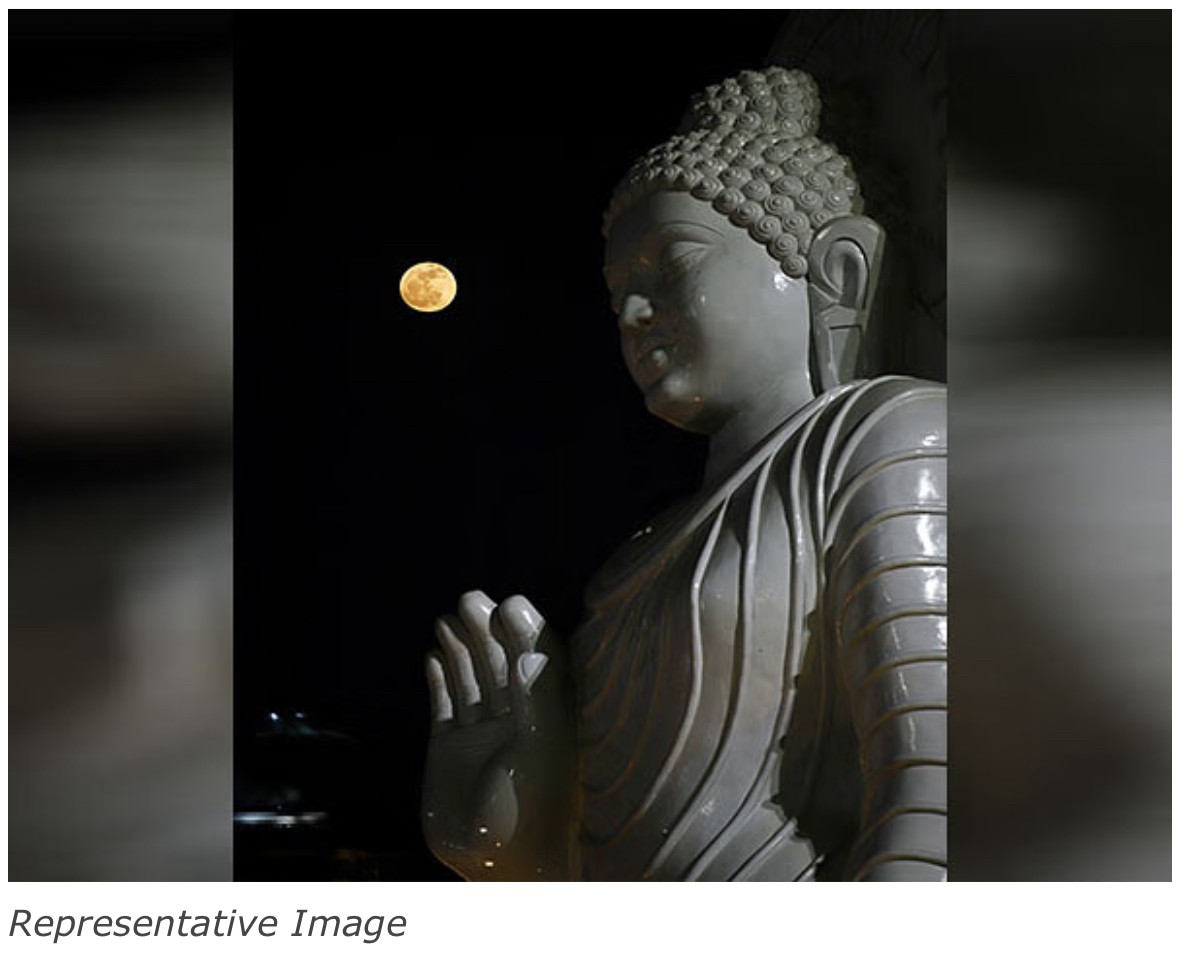 Economy
Economy




